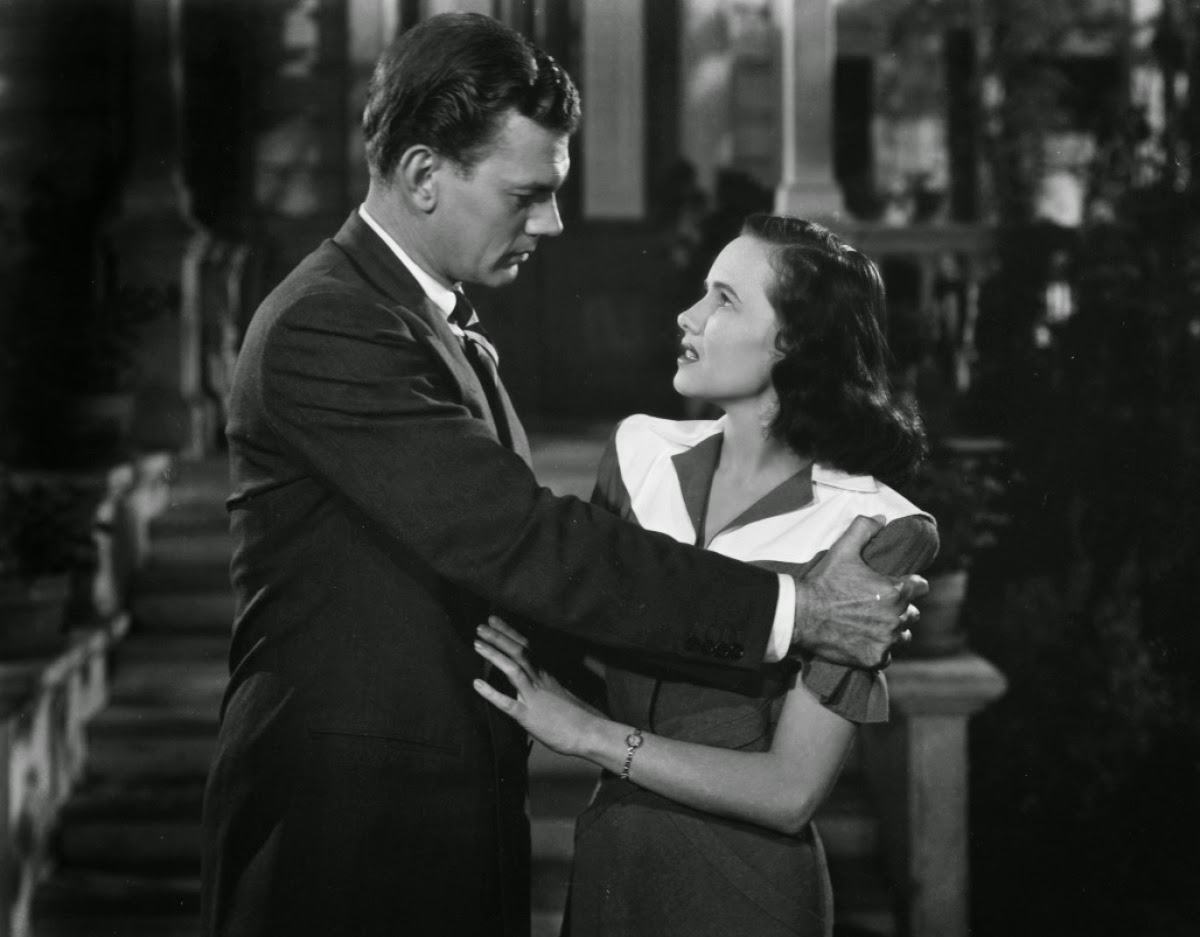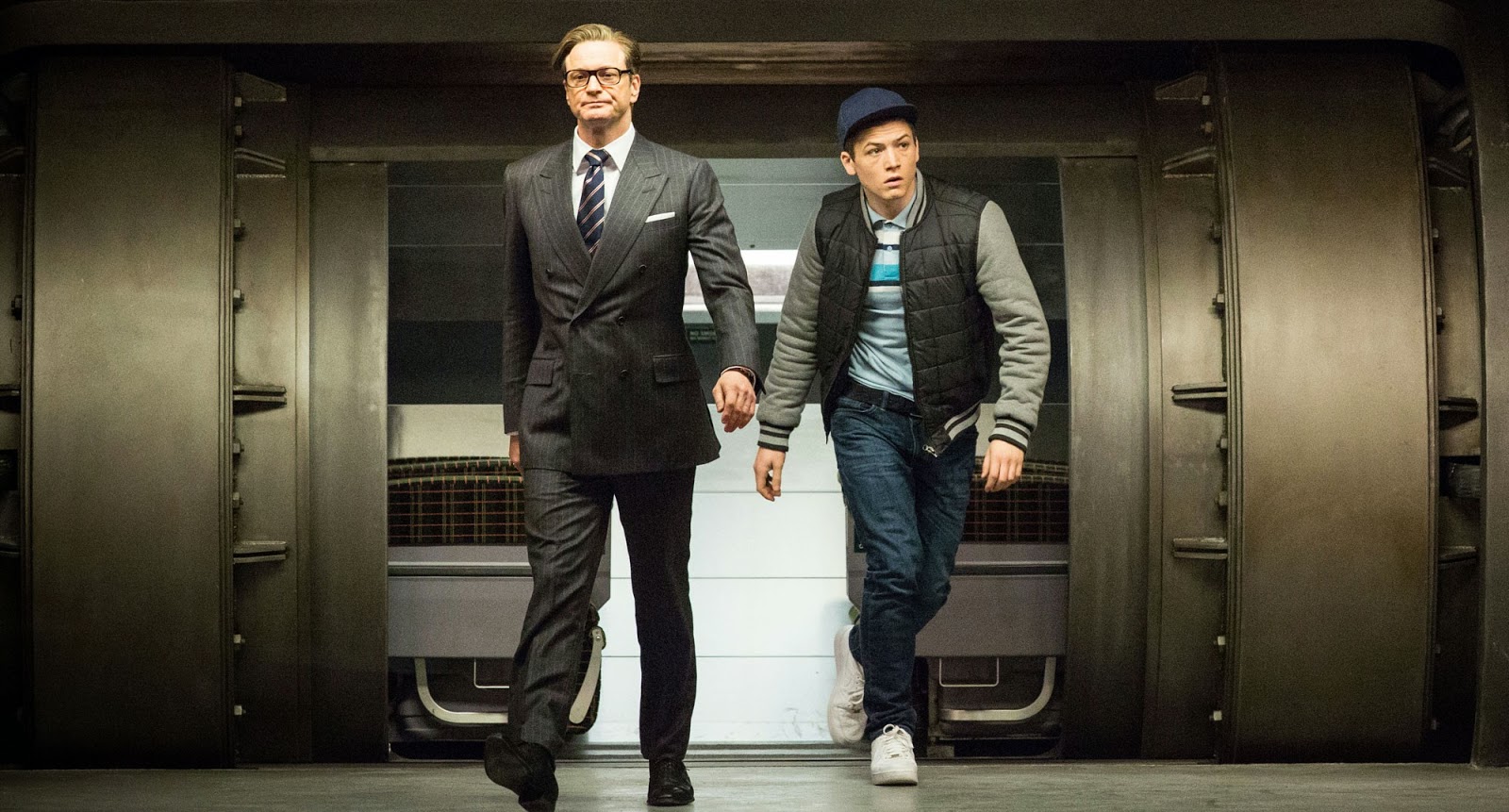The cheapest ploy a romance comedy can pull is to suggest opposing emotions in plot scenarios that do not support them, and in the horrendous travesty that is “Love Actually” we fall victim to that offense on no less than a dozen occasions. To notate that reality ought to suggest that we are dealing with an endeavor of ambitious awfulness, but that proclamation gives the movie too much credit; it never possesses that kind of attention span to earn such a distinction. What it is, instead, is a one-note melting pot of fragmented stories that wear the mask of endearing sentiment, and what ties them together is a thin thread of logic that requires the audience to believe that so much mischief, goodwill and clichéd plot situations can occur in the same place, at the same time, and in the shadow of the same impending holiday that is meant to cast them all in some kind of resonating emotional umbrella. Watching it all meander around on screen, I began to wonder if Darwin’s theory of evolution might be working in reverse.
Tuesday, March 31, 2015
Wednesday, March 25, 2015
The Unlikely Master of Widsom
By some inexplicable measure of fate, the identity of Alfred Hitchcock eluded my awareness for much of my youth. A few of his movies had become staples at late night gatherings where family dinners were held in front of an old television set – namely, “The Birds” and “Psycho” – but somehow his notoriety as the most influential filmmaker of his generation simply did not register beyond the acknowledgment of a mere name on a credits list. And as those years progressed and the movies became more of a guiding force of interest, my enthusiasm was caught up in too many modern indulgences (animated films and blockbusters, namely) to be willing to understand the source of cinematic language he helped to craft.
Tuesday, March 24, 2015
Shadow of a Doubt / **** (1943)
The silence of uncertainty is the most prevalent among emotions experienced between Uncle Charlie and his lovely niece, but not before their connection is established by a display of very affectionate exchanges. He comes back in her life after what we suspect is a lengthy absence; bored and passive about the grind of routine – especially in a house with aloof parents and two outspoken younger siblings – she longs for his company just as a telegram arrives announcing his return home. The moment almost seems to occur as an exchange of psychic rapport, and they reunite in a display of admiration that implies years of loyal commonality. Did they grow this close because they were so alike, or do they share histories that have strengthened the attachment? The answer isn’t so important when the context of his mysterious visit begins to fill her mind with questions, and just as his secretive nature eludes even the closest of his relatives, there is young and observant Charlie staring back at him with a sharp brow, quietly indicating that there is no deception great enough to keep hidden from her all-seeing eyes.
Friday, March 20, 2015
The Birds / ***1/2 (1963)
It all begins just as any of the traditional horror movie scenarios do: with the arrival of an ordinary observer in everyday life. Her name is Melanie Daniels, and beyond the comforts of her hyperactive San Francisco social existence is the longing of some untapped desire, a drive in her to pursue romantic interest through the thrilling nature of masquerade. When she encounters the fetching Mitch Brenner (Rod Taylor) at a pet store in the early scenes of “The Birds,” the idea of simplified flirtation is a foreign concept; she engages him in conversation while pretending to be an employee helping him purchase love birds, as if hopeful that prolonged interactions will reveal mutual attraction. She is intoxicated by the chase – so much so, alas, that when Mitch reveals his true identity (and knowledge of her game), there is a moment where she lashes out in protest, not necessarily because she is caught in her web but because a mere man has seen through her scheme. And yet she does not take the discovery as any sort of enlightening reflection; it simply fuels her pursuit in other respects, culminating with her arrival in a small town where she hopes to deliver two love birds at his doorstep and ultimately acquire his affections with calculated precision. Even good deeds, they say, can be masks for shameless ulterior motives.
Tuesday, March 17, 2015
Lambada / ** (1990)
The obscure Lambada craze was never as big as its creators probably would have desired, but imagine telling that to the impulsive minds of Hollywood. In the early months of 1990 and amid impending wonder of what new trend would sweep pop culture, movie studios greenlit not one but two films about said dance – a combination of salsa and dirty dancing that depended on hips swinging seductively to Latin-fueled rhythms – and eagerly awaited their opportunistic conviction to pan out into something of a financial success. Their gamble, much like the notion of Lambada itself, puttered out too quickly to garner much notice, and both pictures were rush-released on the exact same weekend in order to avoid prolonged post-production losses. Thirty years later, their footnote of an existence is notable in the sense that they are among some of the most dumbfounding bad movies of their time, often held up as the most absurd examples of how knee-jerk the movie system can be when it comes to anticipating trends. Seeing them so many years after they barely registered a blip on theatrical radar, one marvels that our cinema is so capable of housing just as many silly agendas as they do the thoughtful sensibilities of more talented artists.
Friday, March 13, 2015
My Stepmother is an Alien / *** (1988)
One of the unspoken pleasures of seeing very ambitious bad movies is watching actors with some level of integrity hammering home their performances with unrestricted enthusiasm, and that is exactly what Kim Basinger does for nearly every minute she is chained to the mess that is “My Stepmother is an Alien.” Any acknowledgment of this obscure and often maligned 80s comedy is not without some level of wonder; initially pitched to the studio as a more dark and sinister parable on child abuse, it underwent countless revisions – and a slew of writers – before being formulated into a lightweight romp with screwball values. By then, the damage was done long before a moment of footage wound up in the editing room; without any visible narrative inkling to suggest laughs or basic comic timing, it was one of those movies destined for colossal failure, and found it. And yet somehow, someway, neither she nor her co-star, Dan Akroyd, subscribe to the internal discord; they plunk it home so ambitiously on screen that one can surmise ulterior motives on part of actors who find silver linings in the most tragic of scenarios. They know they are caught in a catastrophe, and take almost masochistic delight in playing through it like enthusiastic players making the most of a bad situation.
Friday, March 6, 2015
Chappie / ** (2015)
Those in the audience of Neill Blomkamp’s “Chappie” initially unaware of the director’s presence will quickly discover underlying parallels with the structure of “District 9,” the film that initially announced his bold arrival. Both movies begin with news footage that has become a staple of his urgent style, documenting a reality saturated in political strife where the introduction of some new facet threatens to undermine an already imbalanced class system. For the earlier picture, that detail came in the form of the arrival of an alien race with ambiguous motivation; for this newer endeavor, it comes in the configuration of a robotics police force issued by a technical contractor, which effectively cuts crime rates down by making law enforcement immune to the destructive power of enemy bullets. At the helm of this invention are the wide and eager eyes of computer scientist who suspects that his creations are just the first step in mastering the possibilities of artificial intelligence, but he is under the watchful eye of others with suspicious agendas. Then one day, after an endless pursuit through sweat and sleepless nights, his endeavors yield a formidable achievement: the discovery of a computer consciousness that can learn, adapt and reason in the context of human experience. In other words, he creates the same sort of reality that is prevalent in the most threatening of science fiction thrillers.
Tuesday, March 3, 2015
Kingsman: The Secret Service / *** (2015)
“True nobility is being superior to your former self.”
I walked into a dark theater one late afternoon that was showing “Kingsman: The Secret Service,” and emerged two hours later with eyes glossed over by the shock of the experience. What had I just seen? What had my peers in that dark crowded room felt as I was preoccupied with my own dropped jaw and confounded stares? If one of the risks of going to the movies is walking away feeling like our minds have been contorted by the whim of inexplicable ideas, then here is the poster child for the most bizarre of theatrical experiences. Promotional materials suggest that the film is actually “based on a comic book,” and perhaps that says something rather progressive for the medium since I was last a collector. It takes more than just imagination to so thoroughly engage characters in a world this maddening: it requires, I suspect, some level of warped humor as well, and the idea that it is all so thoroughly realized within that subtext gives it a kind of perverse quality, like the artistic delusions of the criminally insane.
I walked into a dark theater one late afternoon that was showing “Kingsman: The Secret Service,” and emerged two hours later with eyes glossed over by the shock of the experience. What had I just seen? What had my peers in that dark crowded room felt as I was preoccupied with my own dropped jaw and confounded stares? If one of the risks of going to the movies is walking away feeling like our minds have been contorted by the whim of inexplicable ideas, then here is the poster child for the most bizarre of theatrical experiences. Promotional materials suggest that the film is actually “based on a comic book,” and perhaps that says something rather progressive for the medium since I was last a collector. It takes more than just imagination to so thoroughly engage characters in a world this maddening: it requires, I suspect, some level of warped humor as well, and the idea that it is all so thoroughly realized within that subtext gives it a kind of perverse quality, like the artistic delusions of the criminally insane.
Subscribe to:
Posts (Atom)








